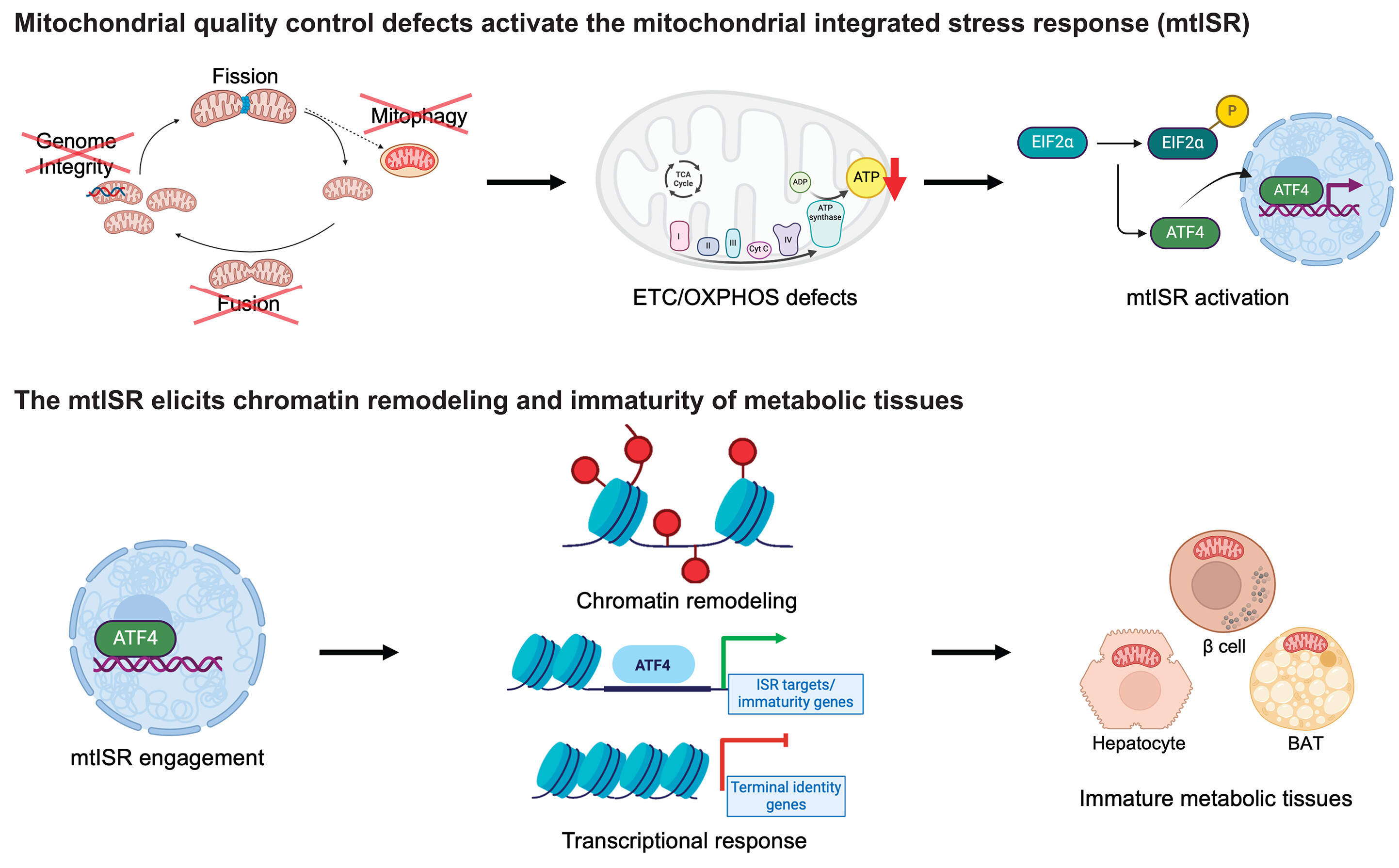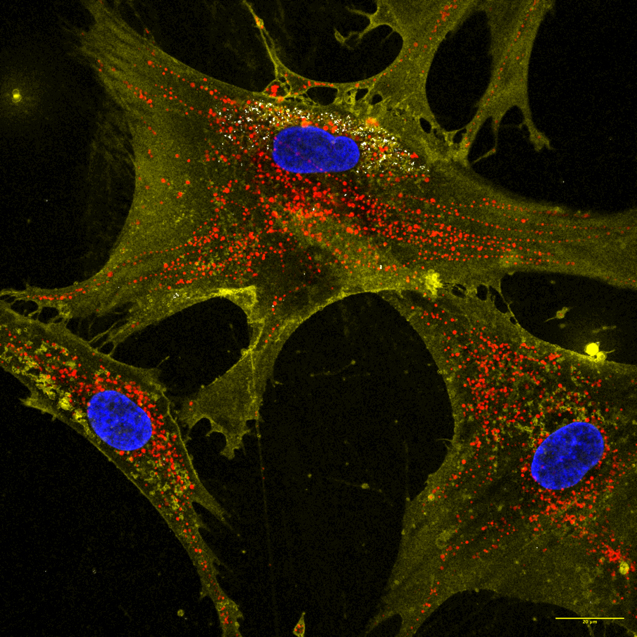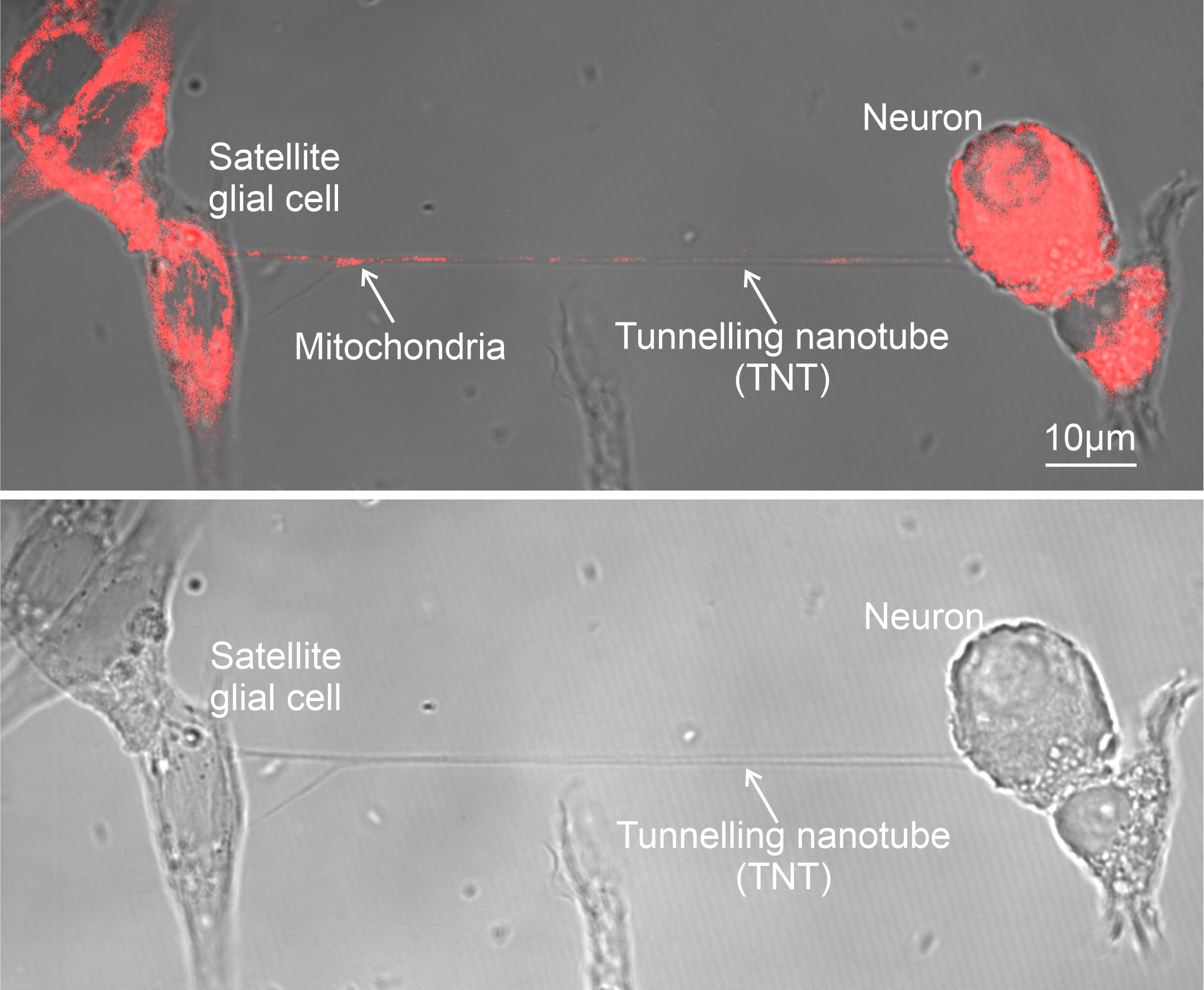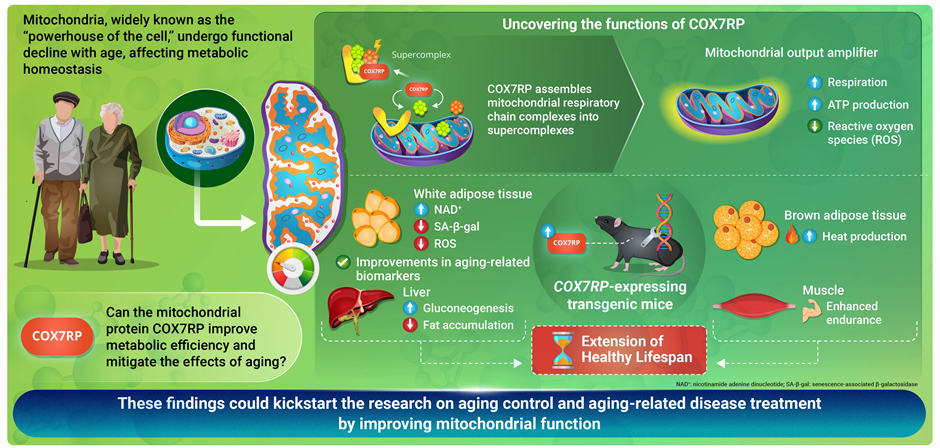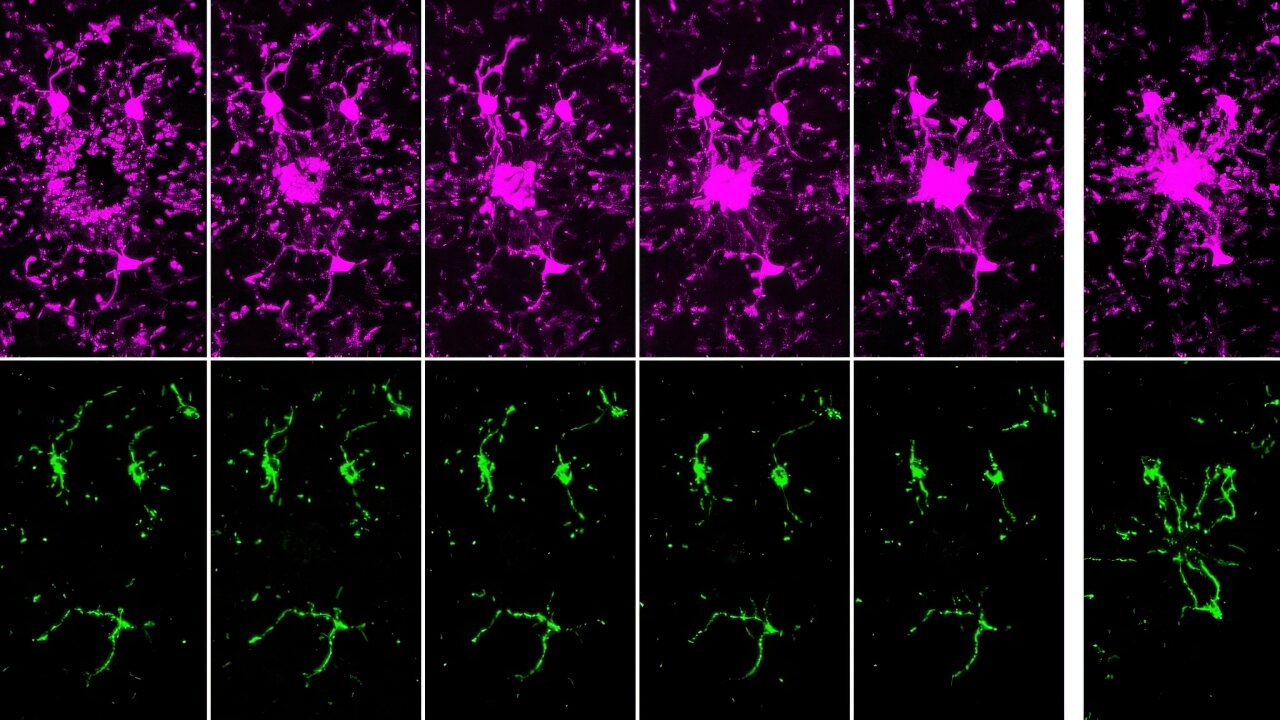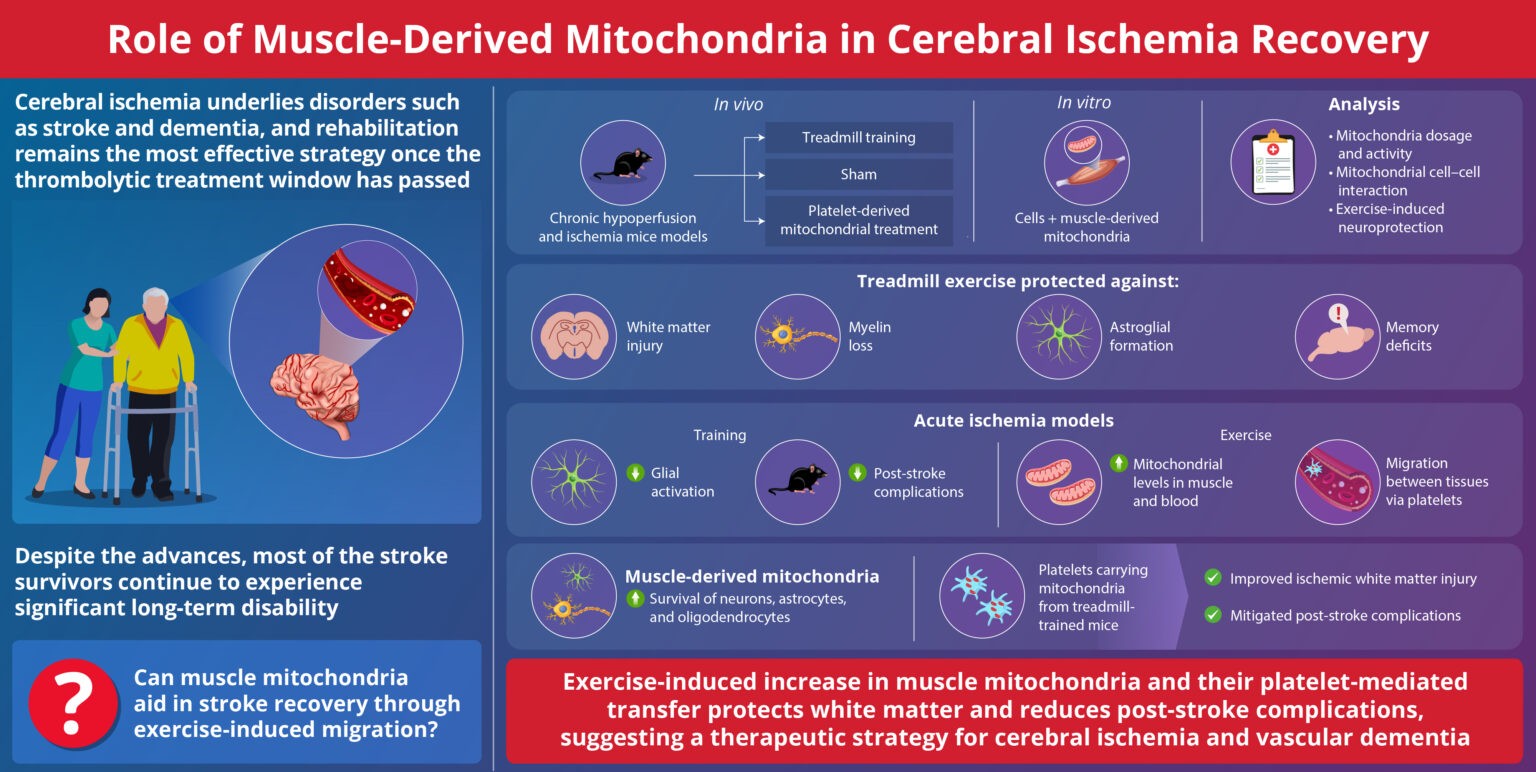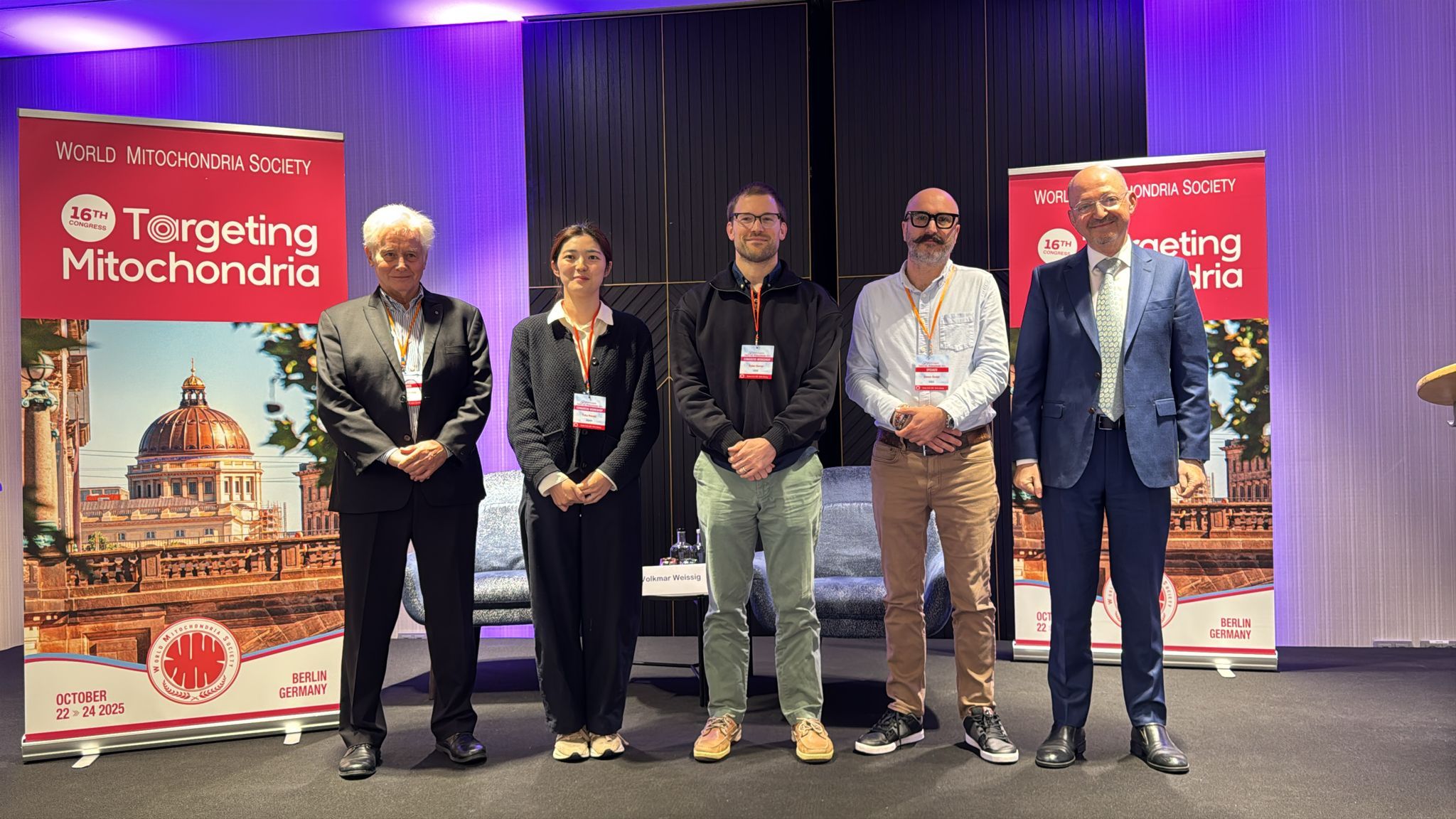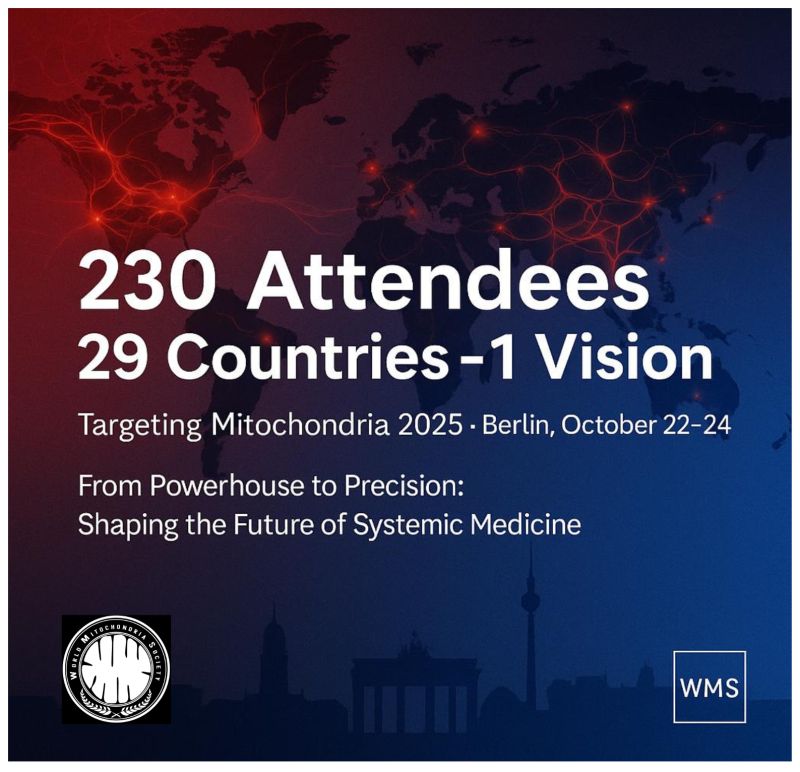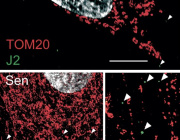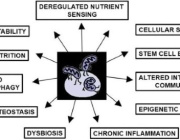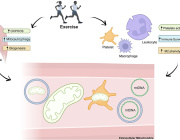WASF3 disrupts mitochondrial respiration and may mediate exercise intolerance in Myalgic Encephalomyelitis/Chronic Fatigue Syndrome (ME/CFS)
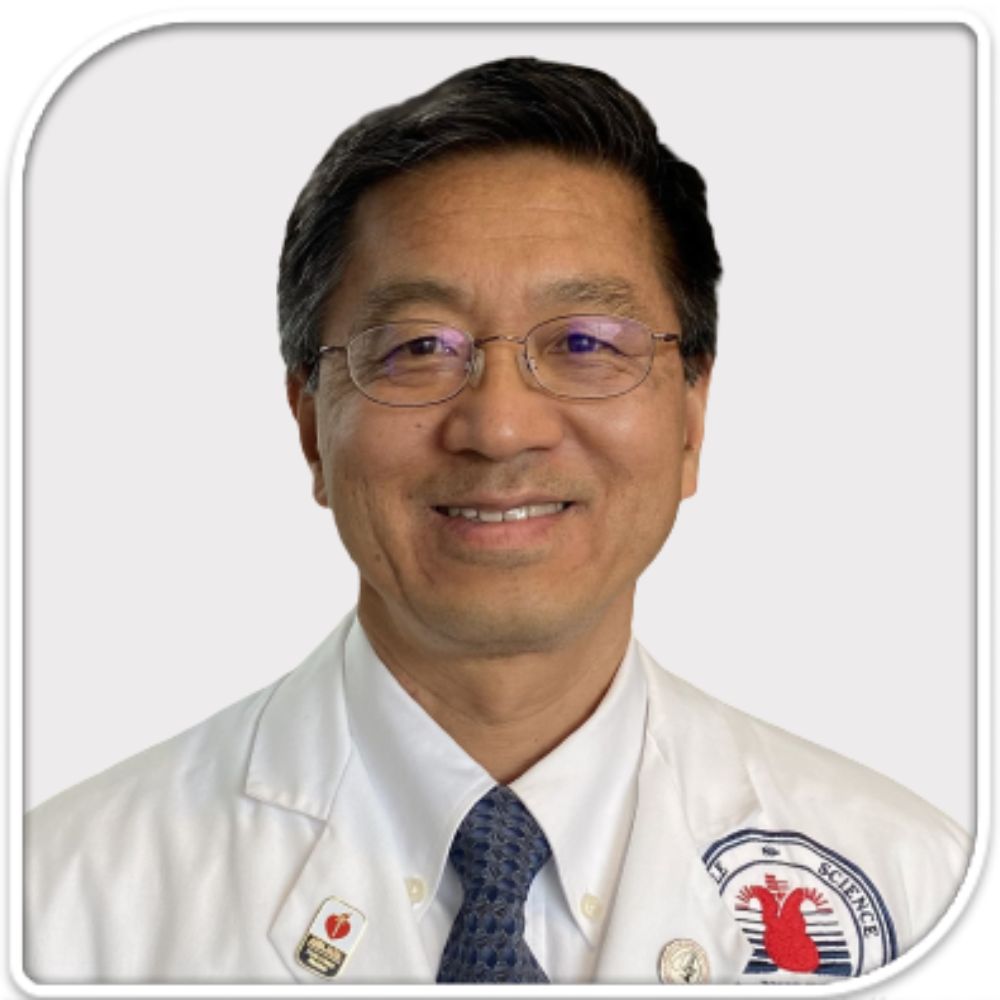 Dr. Paul Hwang, Senior Investigator at the National Heart, Lung and Blood Institute, USA will present his latest finding targeting mitochondria in chronic fatigue symptoms during Targeting Mitochondria 2023 this October.
Dr. Paul Hwang, Senior Investigator at the National Heart, Lung and Blood Institute, USA will present his latest finding targeting mitochondria in chronic fatigue symptoms during Targeting Mitochondria 2023 this October.
Dr. Hwang's talk will be titled: "WASF3 disrupts mitochondrial respiration and may mediate exercise intolerance in ME/CFS". He will share his latest findings reported in the Proceedings of the National Academy of Sciences. Read more about this outstanding publication.
Myalgic encephalomyelitis/chronic fatigue syndrome (ME/CFS) is a disorder characterized by various disabling symptoms including exercise intolerance. Dr. Hwang and his team report that overexpression of Wiskott-Aldrich Syndrome Protein Family Member 3 (WASF3), here identified in a 38-y-old woman suffering from long-standing fatigue and exercise intolerance, can disrupt mitochondrial respiratory supercomplex formation.
Increased expression of WASF3 in transgenic mice decreased their treadmill running capacity and specific respiratory complexes. Expanding on our findings in a single patient, skeletal muscle biopsy samples obtained from a cohort of patients with ME/CFS showed increased WASF3 protein levels associated with aberrant ER stress activation. Pharmacologic inhibition of ER stress decreased WASF3 and improved mitochondrial function in the cells of the patient with chronic fatigue, suggesting a therapeutic strategy for ME/CFS treatment.
About Dr. Hwang
Dr. Paul Hwang earned B.A. degrees in biochemistry and chemistry from the University of Kansas in 1985, after which he spent a year at the Swiss Federal Institute of Technology and University of Zurich as a Fulbright Scholar. He graduated from the Johns Hopkins University School of Medicine with an M.D. and Ph.D in 1993. He did his internship and residency in internal medicine at the UCSF School of Medicine in San Francisco, followed by a clinical fellowship in cardiology and postdoctoral research in molecular oncology at the Johns Hopkins University School of Medicine. Upon completion of his training in 2001, Dr. Hwang joined the NHLBI-NIH as an investigator and was tenured in 2011. He has been elected as member of the American Society for Clinical Investigation and fellow of the American College of Cardiology.
Join Targeting Mitochondria 2023 to learn more about Dr. Hwang's research.
Targeting Mitochondria 2023 Congress
October 11-13, 2023 - Berlin, Germany









